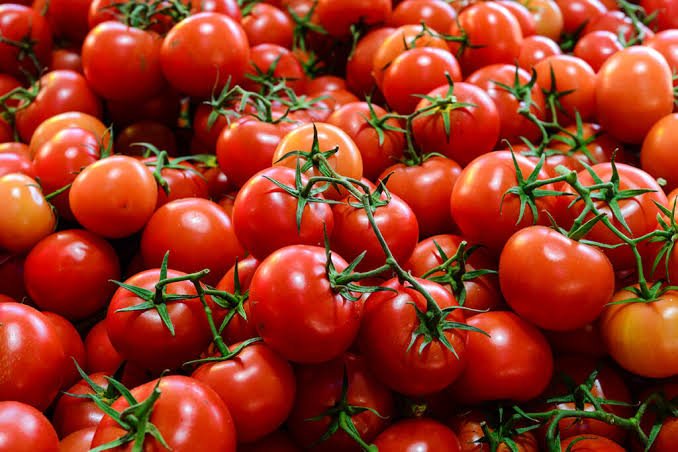Tomatoes, one of Nigeria’s most consumed food items, have become a central focus in discussions around the country’s food security strategy. According to the National Horticultural Research Institute, Nigeria produces around 3.9 million metric tons of tomatoes annually, yet an estimated 45% is lost due to poor storage and transportation systems.
Experts warn that these post-harvest losses, mostly caused by inadequate infrastructure and market inefficiencies, undermine national food sufficiency efforts. Tomatoes are crucial for local diets and are also a major economic driver for farmers in the north-central and north-western regions of Nigeria.
Efforts are being made by both government and non-governmental organizations to introduce innovations such as solar-powered cold storage, improved irrigation, and farmer education programs. The federal government has also called for more private investment in processing plants to reduce dependence on imported tomato paste, which costs Nigeria over $500 million annually.
Food security experts emphasize that a revitalized tomato value chain could create jobs, reduce inflation in food prices, and improve overall nutrition levels across the country.












